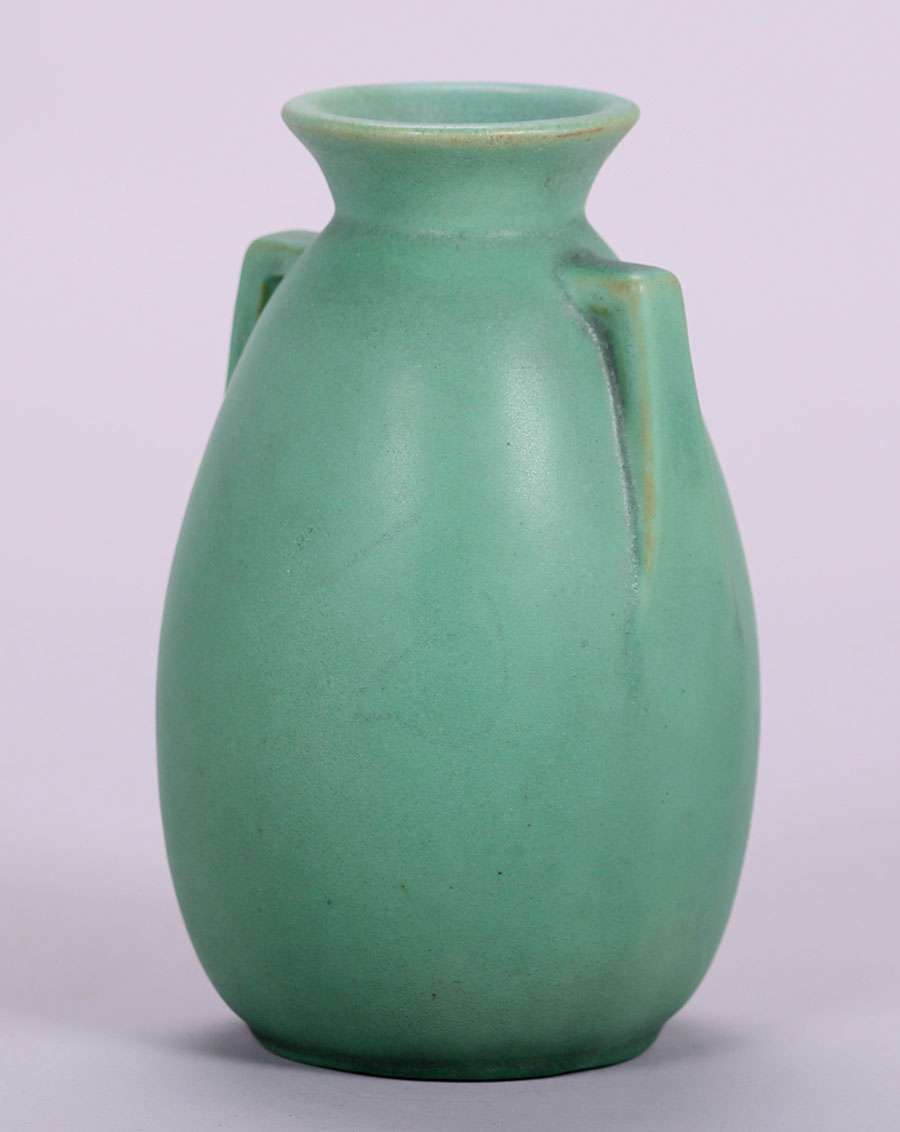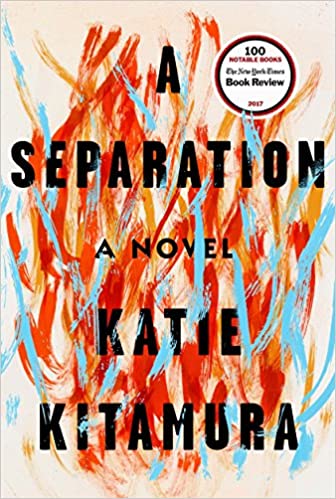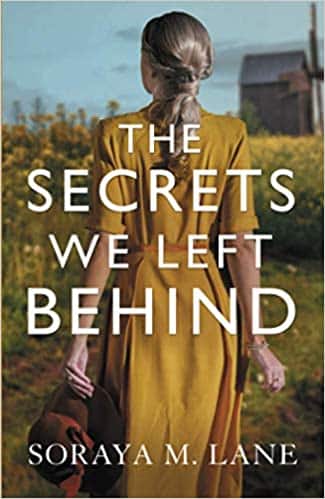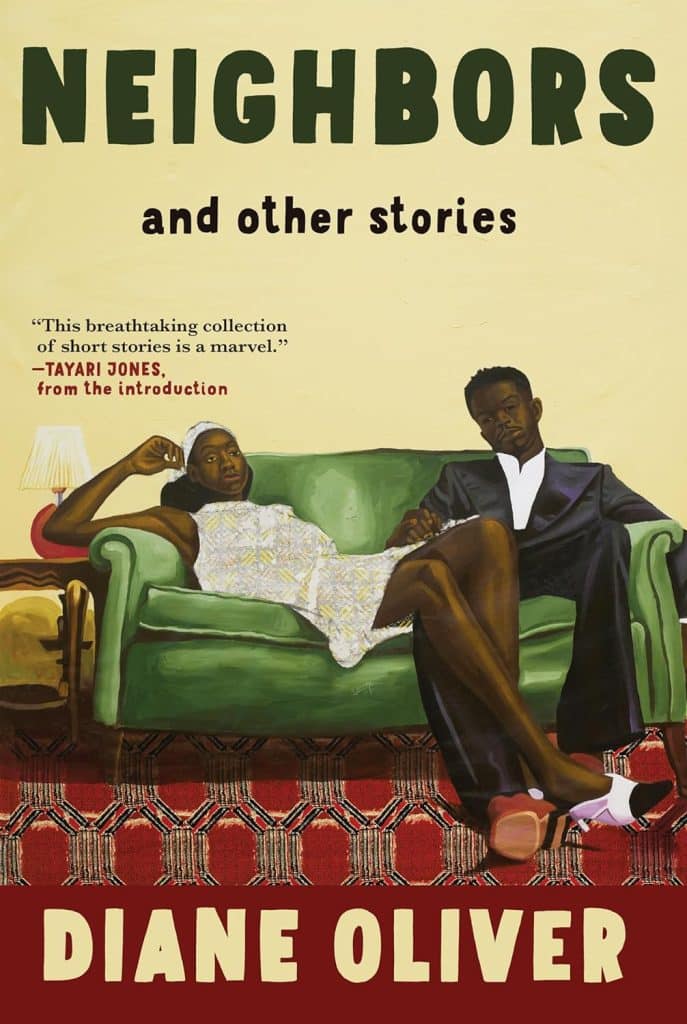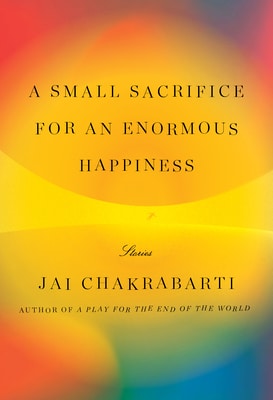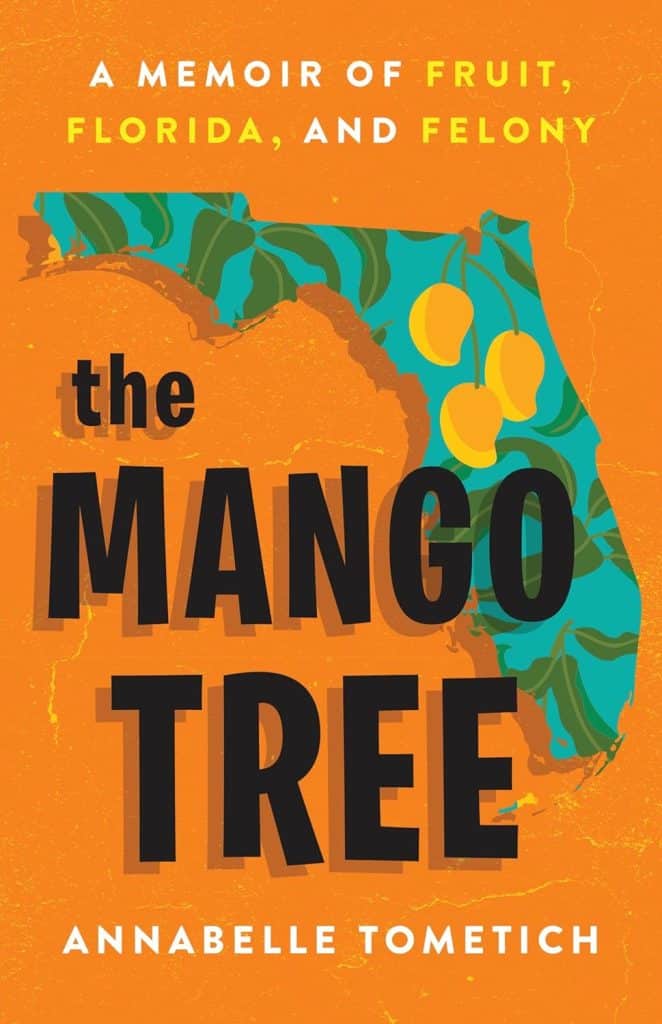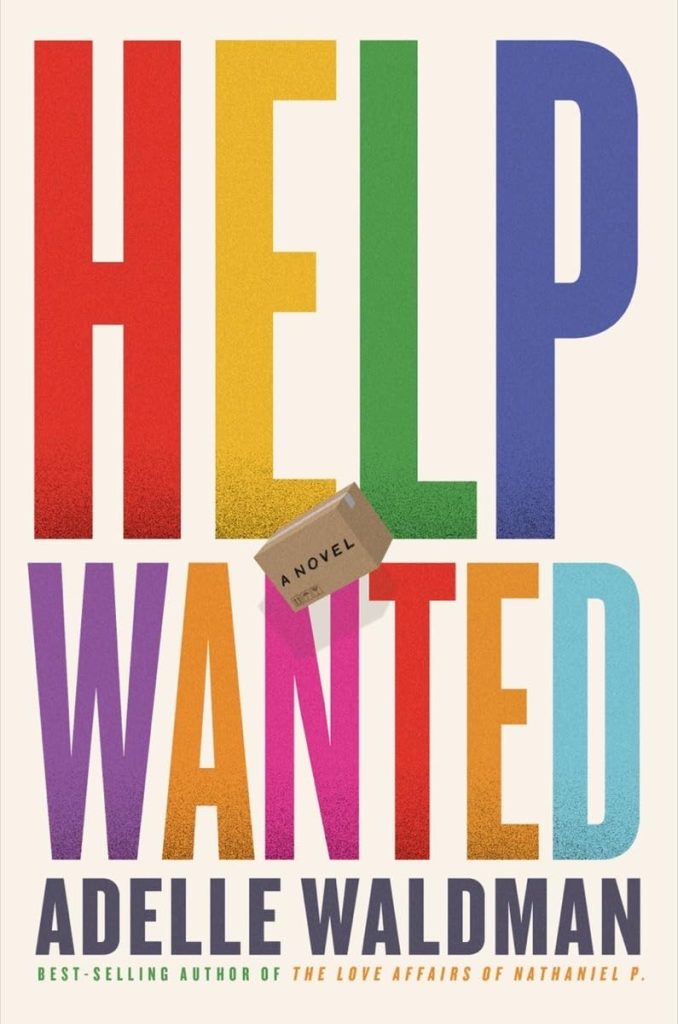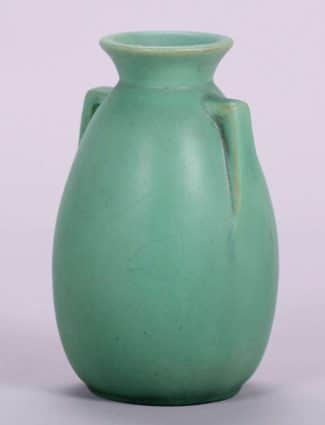
The Empty Valentine’s Day Vase
Why Was The Vase Was Delivered Without Flowers?
Estimated reading time: 1 minute, 34 seconds“My dear, I adore the vase,” my wife announced excitedly. “I can hardly wait to show it to you!” It was February 13, 1996, and I had ordered roses and the vase online for the first time. However, I had not realized that the two parts of the Valentine’s Day gift would be delivered separately and on different days. Feeling uncertain about how to respond, I nodded on the landline phone and replied, “Yes, I can’t wait for you to come home.”
As soon as the sound of her car pulling into the driveway reached my ears, I couldn’t wait to go outside and greet her, even though I wasn’t wearing a coat. As she exited the car, I saw she was carrying a beautifully crafted vase. She thanked me for the vase and smiled infectiously as she warmly kissed my lips. I couldn’t help but feel a twinge of guilt as I accepted the vase from her and carried it inside the house. In hindsight, I realized I should have advised her to leave the vase in the car so she could have used it to arrange the roses when they arrived. But my sentimental side had kicked in, and I couldn’t find the words to express my thoughts.
As I sat in my office on Valentine’s Day, I couldn’t help but feel excitement every time the phone rang, secretly wishing it was her calling me. And when she finally did, her voice was like music to my ears. I could hear the lightheartedness in her laughter as she said, “Oh honey, why did I think you would send me a vase without flowers? The roses are gorgeous!” My cheeks flushed with embarrassment as I mumbled an apology, but her voice drowned out my words as she exclaimed, “I love you!” Her voice soared to the highest octave I’d ever heard, filling me with warmth and joy.


